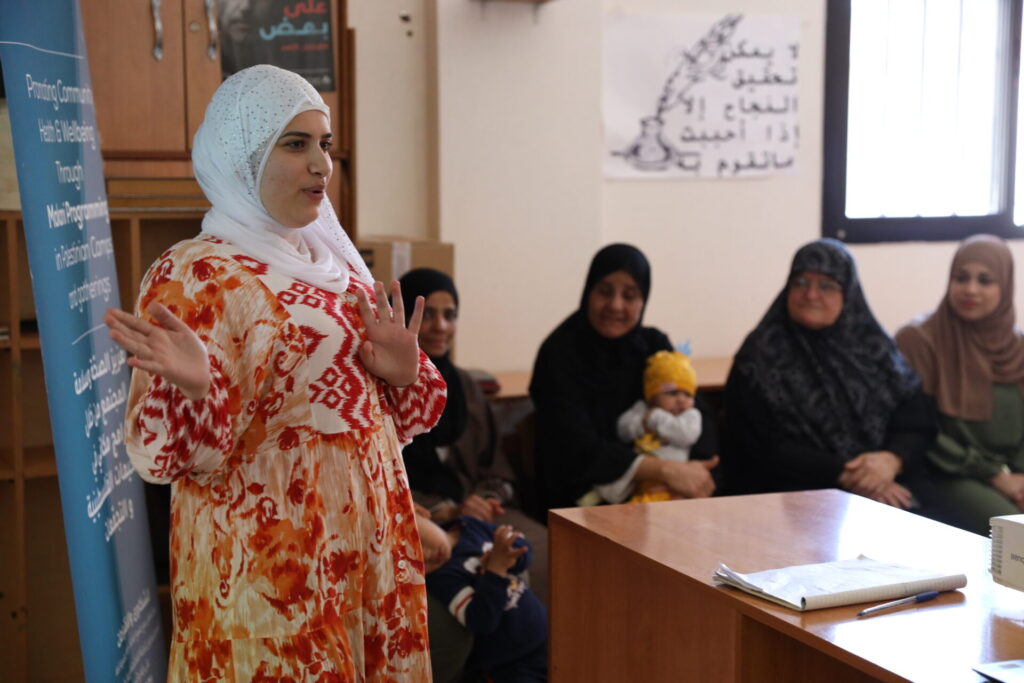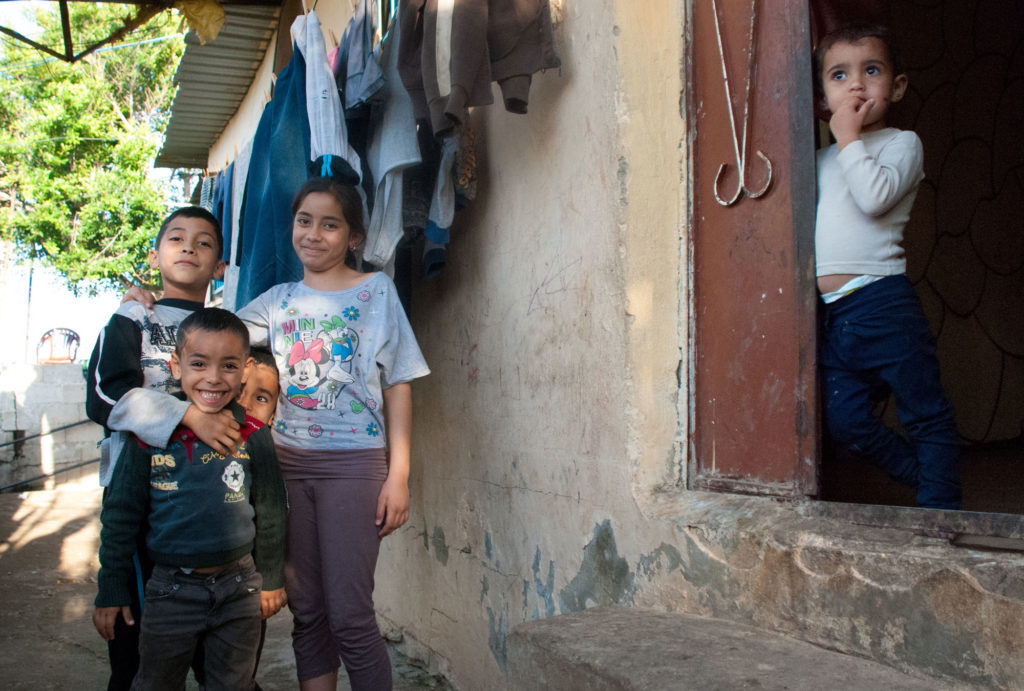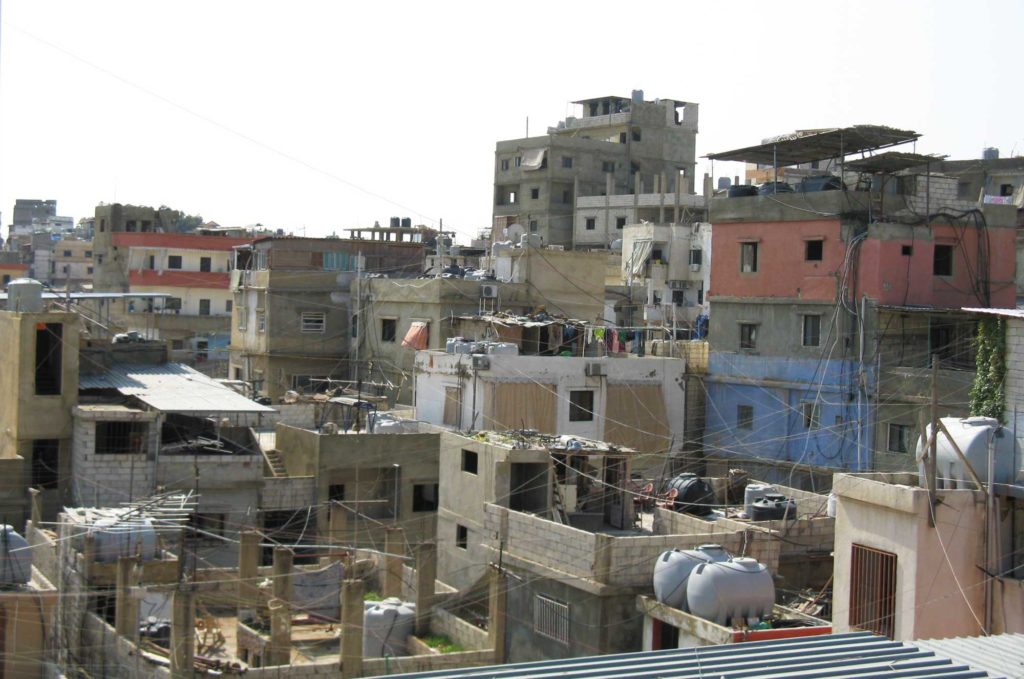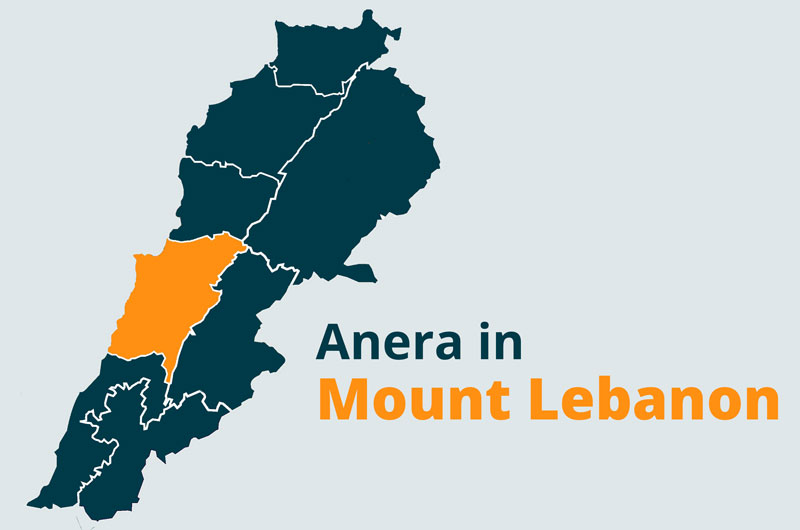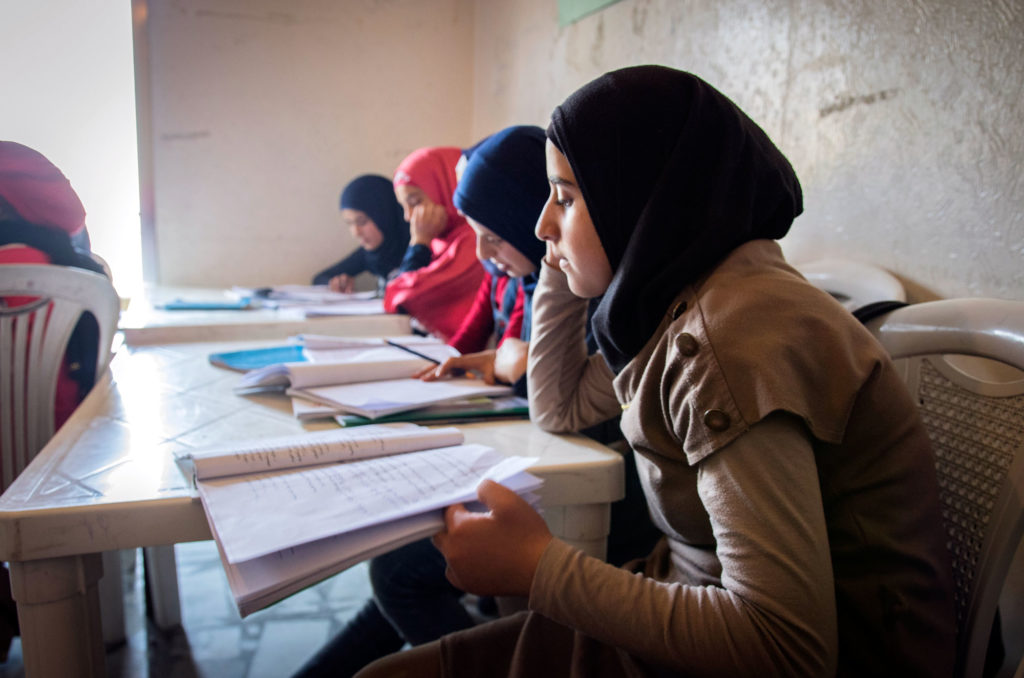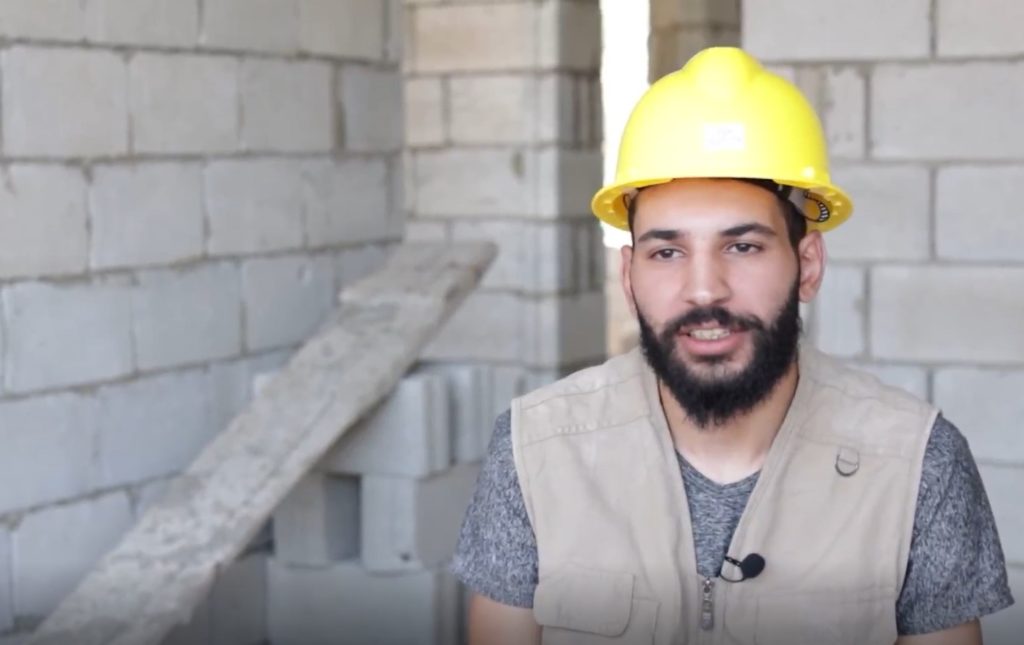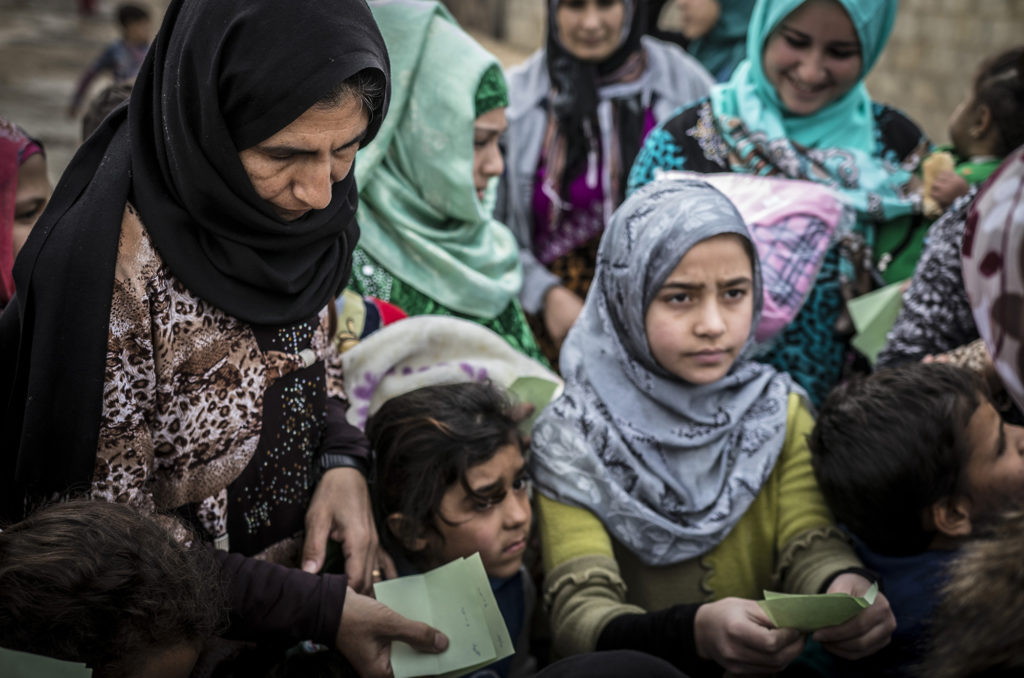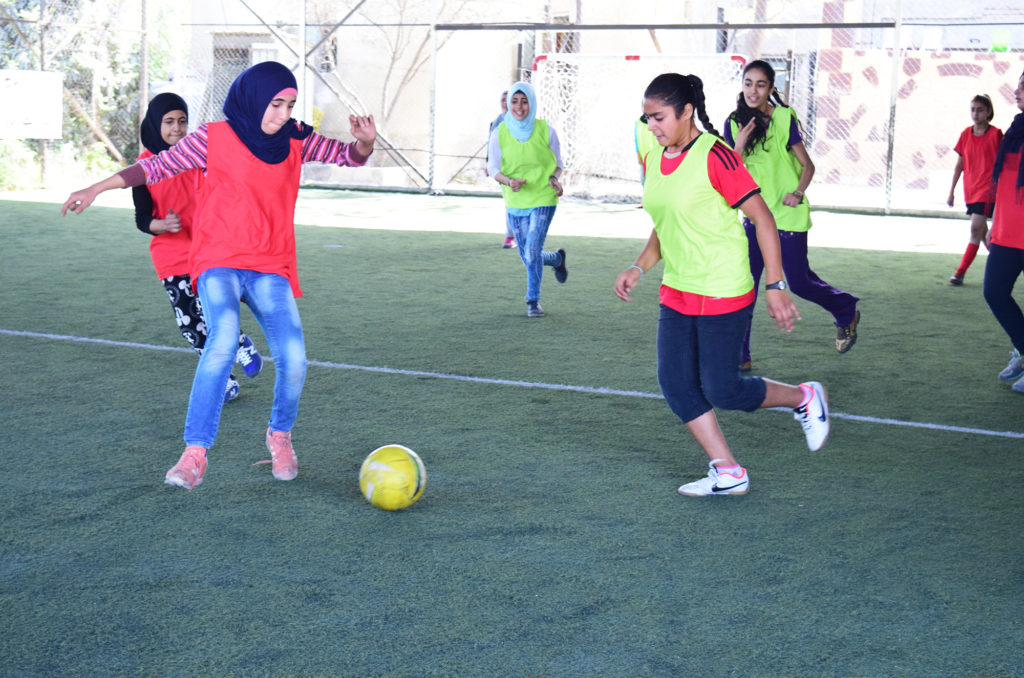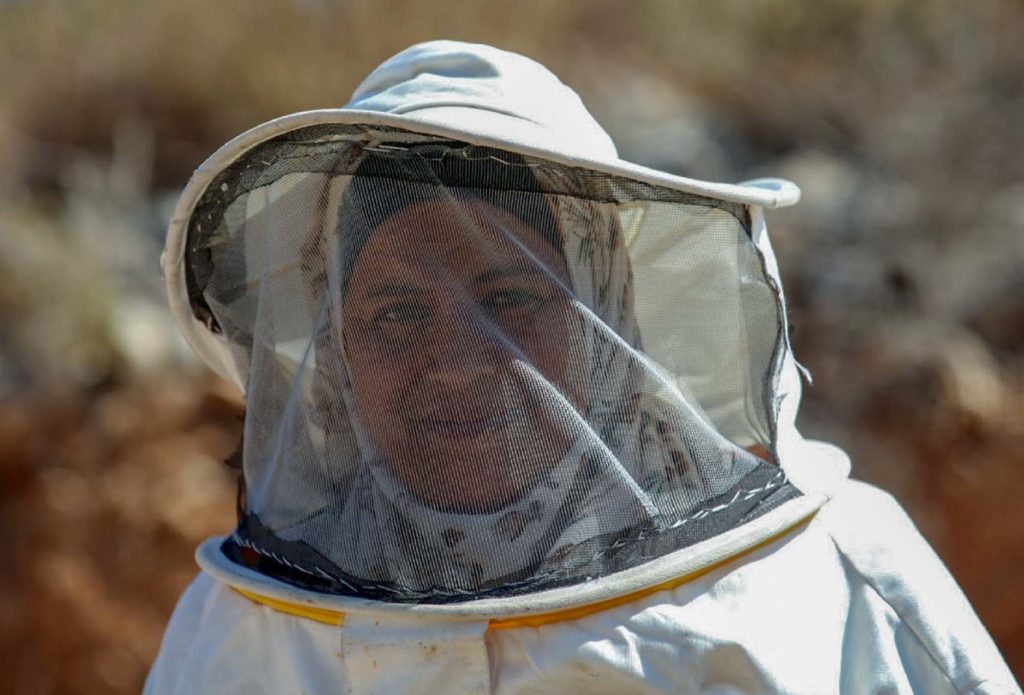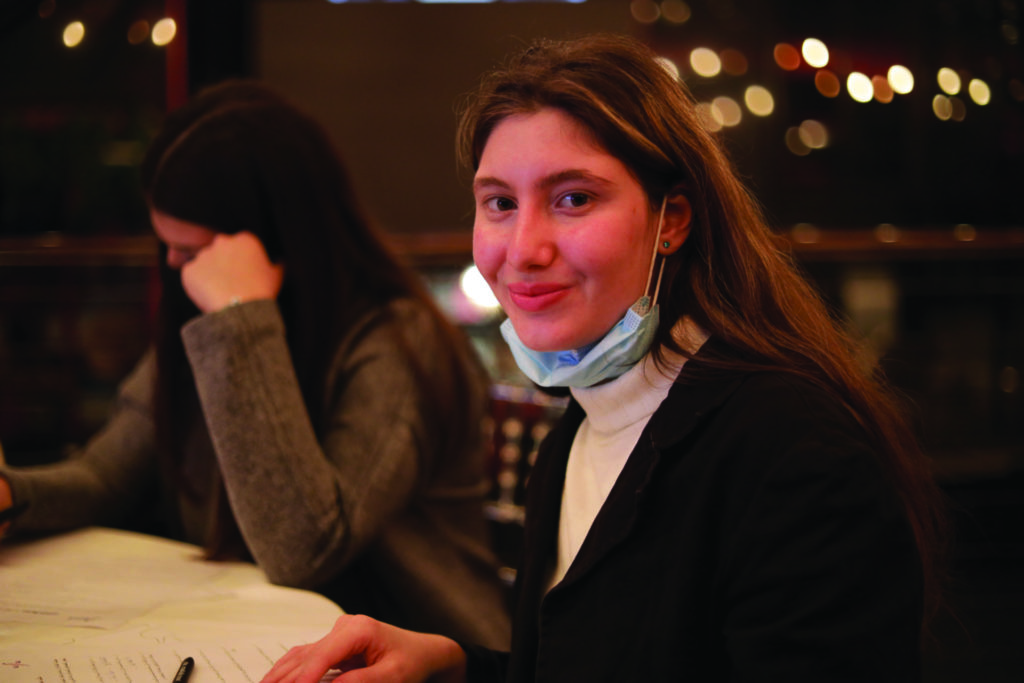The "Forgotten" Refugees in Lebanon
Since 1948, some 450,000 Palestinian refugees have registered in Lebanon. Though still registered there, many have since moved on to third countries, in search of better opportunities. Of the refugees who are still in the country, more than half are living in overcrowded refugee camps surrounded by poor Lebanese communities. In some of the camps, Syrian refugees have also moved in, adding to the space and resource pressures.
The twelve Palestinian refugee camps in Lebanon were meant to provide temporary housing, but 70 years later, hundreds of thousands of stateless Palestinians still live in crumbling camps.
Residents of these Palestinian refugee camps face staggering rates of joblessness, violence and disgraceful housing conditions. They often refer to themselves as “forgotten people” and feel a sense of isolation and neglect. For most, comfort and privacy are elusive luxuries. Young Palestinians have few prospects for finding a job or leading a fulfilling life.
The Refugees in Palestine
In Palestine, refugees living in the camps face overcrowding, high levels of unemployment, and a lack of school and public infrastructure. Movement is restricted and travel permits are hard to obtain, leaving many refugees unable to access the resources they need. Food insecurity is widespread, with many families struggling to support themselves on extremely low income.
Palestinian Refugees in Jordan
More than two million Palestinian refugees live in Jordan. Due to statelessness, psychological trauma, interrupted education and poverty, many of these refugees lack professional and educational opportunities. Access to healthcare is also limited, forcing many refugees to travel for treatment or forgo care altogether.
Providing Tools for Success in Palestinian Refugee Camps
Many of our programs in Lebanon are based in Palestinian refugee camps, and some of our staff live in the camps themselves. We work with community-based organizations to determine the most pressing issues and respond with long-term solutions.
In Palestine and Lebanon, Anera is installing greenhouse gardens on rooftops in Palestinian refugee camps. These gardens provide a measure of food security and fresh produce amid spiraling inflation, well as supplemental income from the sale of excess harvests. Less tangibly but no less meaningfully, these rooftop crops are a space for refugees separated from their lands to reconnect with the soil.
In Jordan, Anera is delivering medical aid and other support to residents of Gaza Camp, where they face high rates of acute and chronic diseases.
Anera also works with partners to implement an after-school program in Jordan that provides donated laptops preloaded with education software to help refugee students and other vulnerable children develop their digital education and skills.
How It Works
-
Building Community
Anera gives young people the chance to socialize and let off steam in safety through sports programs that range from football tournaments to dabke classes. We build fields, renovate playgrounds and train coaches in conflict management. Community service days, volunteer-led clean-up projects and youth-focused health campaigns bring people together to share in joyful experiences.
-
Educating Youth and Teaching Job Skills
Through non-formal education, we’re filling major gaps in camp schooling. Our non-formal courses help out-of-school youths learn math, literacy and computer basics. Through vocational training and scholarships, Anera helps students attain the skills they need to get jobs as preschool teachers, mechanics, electricians, hairdressers, nurses, and in many other fields – so they can earn a decent income.
-
Medicines and Health Messages
For decades, Anera has been delivering antibiotics, chronic diseases medicines, wheelchairs, hospital mattresses, hearing aids and more to charitable medical centers in Palestinian refugee camps. Our community health days and longer-term public health campaigns also teach important messages about nutrition, menstrual health, and preventing infections through good hygiene practices.
-
Relief and Rebuilding
Following conflict escalations Anera mobilizes to respond quickly, delivering assistance to local health facilities and assessing the priority needs of the community. Since 2011, thousands of Palestinian refugees from Syria moved into the overburdened Palestinian camps. In situations like this when essential needs increase, Anera provides humanitarian relief in the form of hygiene kits, emergency lamps and winter clothes. In the aftermath of destructive conflicts, we help rebuild.
With a population of 30,000, Nahr El Bared camp in North Lebanon faces many challenges. Anera began working in the camp after it was nearly destroyed by armed conflict in 2007.

